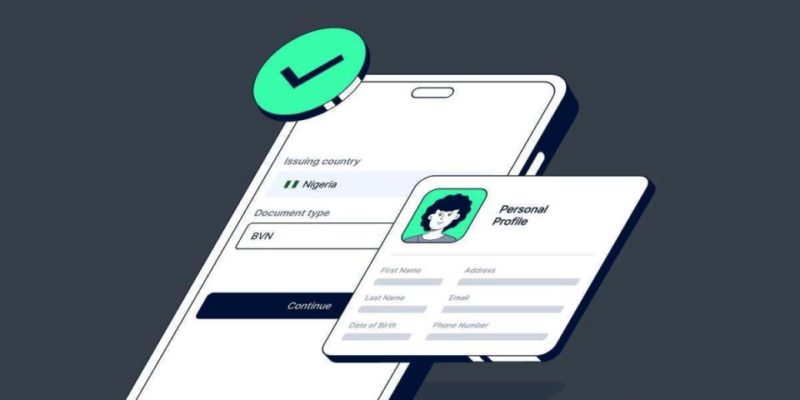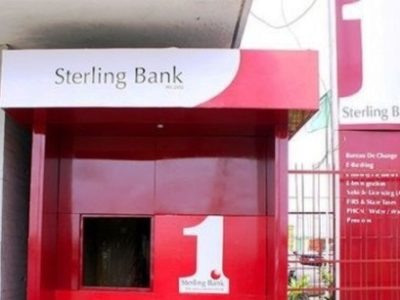Sumsub, a full-cycle verification platform, today announced that its Non-Document Verification solution is now available in South Africa, Nigeria, Kenya, and Ghana, enabling clients to reach over 350 million potential users. With this launch, Sumsub pioneers document-free verification in Africa, helping companies stay compliant with KYC/AML regulations, eliminate identity fraud, and effortlessly onboard users.
RELATED: Digital identity verification spend will grow by 80% over next 5 years to $20b -Juniper Research
Non-Doc Verification is tailored to businesses across both regulated and non-regulated sectors including crypto, fintech, gaming, e-commerce, and mobility, as well as to social media platforms and telecommunications providers. With user verification done in under 5 seconds, Sumsub’s clients have seen pass rates increase by 44%, reaching 96.5% on average.
Sumsub is the first player in Africa to provide businesses with a truly global, single-platform KYC/AML solution, combining user onboarding, compliance, and anti-fraud. With Non-Doc Verification, first launched in 2022, users in the region can instantly sign up without scanning any documents. All that’s needed is their national identification number (found on an ID, Passport, Driving License, Voter Card, etc.).
Depending on the identification reference provided, users may also be asked to go through Sumsub’s facial recognition check, which matches the user’s biometric data with a photo image stored in official records. This lightning-fast verification process is made possible by government and banking sources used by Sumsub.
Identity fraud is a growing concern for people and businesses in the Middle East and Africa (MEA). According to the Sumsub Identity Fraud Report 2023, the rate of identity fraud in Ghana more than doubled from 2022 to 2023 (from 0.64% to 1.74% of all verification checks). Meanwhile, Kenya and Nigeria were among the top-3 countries in MEA with the highest fraud rates, at 3.20% and 2.95% respectively.
The region has seen an average annual increase in AI-driven deepfakes of 450%. Leading the pack are South Africa, rising by 1200%, and Nigeria, rising by 700%—with both countries accounting for 31% of all attacks in the region.
Among other pressing challenges, Africa faces a high risk of non-compliance and money laundering resulting in huge financial losses. The Economic and Financial Crimes Commission (EFCC) estimated that Africa loses $50 billion to money laundering annually—while, in 2023, South Africa and Nigeria were added to the European Commission’s list of high-risk third-country jurisdictions.
The cost of standard know-your-customer (KYC) procedures is reported to be significant, whereas the quality of the documents that users provide for onboarding is often very low, adding to the difficulties that companies operating in Africa face. In a competitive environment, where user experience is paramount, the resulting impact on user conversion can result in substantial losses—not to mention the elevated risk of identity fraud leading to increased regulatory scrutiny.
“Non-Doc Verification, now available in various African countries, offers numerous advantages for businesses in the region. In regulated sectors, such as banking, payments, or crypto, it ensures AML compliance and robust fraud prevention,” explains Hannes Bezuidenhout, VP of Sales for Africa at Sumsub. “For non-regulated businesses like social media platforms or marketplaces, document-free verification promises heightened conversion rates and fewer user drop-offs due to the streamlined onboarding process. Both regulated and non-regulated companies can enjoy the benefits of document-free verification, including reduced operational onboarding costs and the quickest access to services.”































